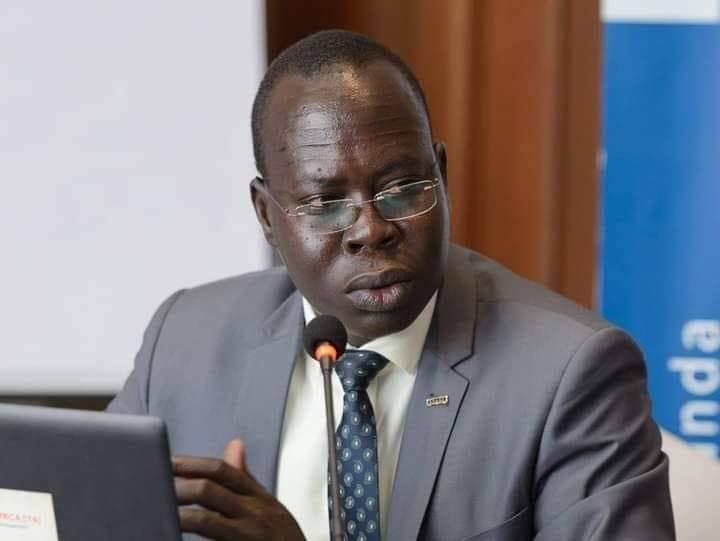Africa-Press – South-Sudan. A civil society activist has expressed concern over the slow implementation of the 2018 revitalized peace agreement, blaming it on political leaders’ fear of accountability.
Ter Manyang, the Executive Director of the Center for Peace and Advocacy, says some leaders are deliberately dragging their feet to stay in power.
He says the delays in completing the formation a unified army and organizing elections are signs that leaders are afraid of facing justice.
“There are three main reasons why the implementation of the peace agreement is very slow, one of them is fear of accountability by political leaders. Chapter 5 of the R-ARCSS outlines the establishment of a Hybrid Court for South Sudan, aimed at holding individuals accountable for war crimes and serious human rights violations,” he said.
According to Ter, the fear of accountability is weakening public trust in the peace process and slowing down key reforms.
He says many leaders are worried that if elections are held in a free and fair manner, they could be voted out of office.
“The second, reluctance to establish a unified national army. A unified national army, as envisioned in the agreement, is meant to serve the interests of the entire nation, rather than individual factions or leaders.
However, some leaders are reluctant to lose control of their loyal forces, fearing that a neutral army would no longer protect their political power or personal interests. Third is fear of losing power when organizing elections,” he added.
Ter also believes political leaders are threatened by the growing popularity of the younger generation, which he says is more trusted by the public.
The 2018 peace deal calls for a unified army, transitional justice, and democratic elections.
However, these key tasks have largely remained unfulfilled as the country prepares for elections expected in December 2024.
For More News And Analysis About South-Sudan Follow Africa-Press






